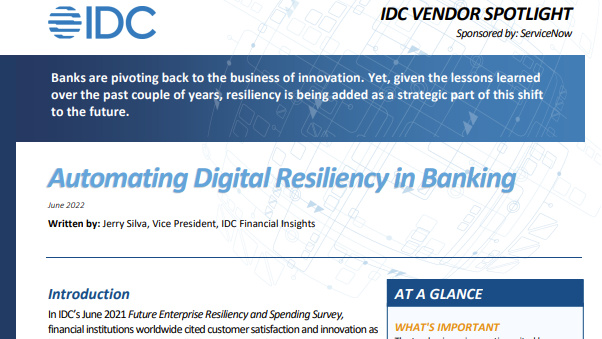Businesses ignore cost of software testing risks
A new survey has found growing understanding of the importance of software testing, but that inadequate training and practices is still costing businesses significant amounts of money.


UK businesses are risking significant financial loss with inadequate software testing, a new survey out today has found.
Most IT development and project directors questioned did appreciate the benefits of testing, with more than two thirds (68 per cent) stating they "strongly believe" automation can deliver real value and return on investment.
In the survey, 73 per cent believe that an increasing focus on regulatory compliance influences testing procedures. With growing regulatory implications, 45 per cent of respondents said their companies had plans to further invest in test automation tools within the next few years, where 62 per cent of companies do all their software testing in-house. And the budget for external testing is expected to grow in over half of companies this year (52 per cent), while three-quarters of organisations (76 per cent) now give their staff testing training in-house.
This is pertinent as David Cotterell, SQS Group chief executive, warned that businesses need to start budgeting for software testing.
Cotterell said the cost and disruption of post-release software problems were all the more stark when considered in relation to the resources companies say they plough into pre-release testing. "Choosing to train staff internally to do this only goes some way towards tackling the issue," he said.
Sign up today and you will receive a free copy of our Future Focus 2025 report - the leading guidance on AI, cybersecurity and other IT challenges as per 700+ senior executives
But when only 26 per cent of the 198 respondents agreed that testing is an essential investment in the product and 70 per cent of companies thought that the test team should be independent of the application development team, Cotterell added: "A time and cost effective way to do this is to outsource non mission critical testing projects."
A 25-year veteran enterprise technology expert, Miya Knights applies her deep understanding of technology gained through her journalism career to both her role as a consultant and as director at Retail Technology Magazine, which she helped shape over the past 17 years. Miya was educated at Oxford University, earning a master’s degree in English.
Her role as a journalist has seen her write for many of the leading technology publishers in the UK such as ITPro, TechWeekEurope, CIO UK, Computer Weekly, and also a number of national newspapers including The Times, Independent, and Financial Times.
-
 Will autonomous robotics leap forward in 2026?
Will autonomous robotics leap forward in 2026?In-depth Connectivity and cost benefits remain barriers, despite breakthroughs in physical AI
-
 AWS and NTT Data team up to drive legacy IT modernization in Europe
AWS and NTT Data team up to drive legacy IT modernization in EuropeNews Partnership between AWS and NTT DATA aims to boost AWS European Sovereign Cloud capabilities
-
 Data sovereignty a growing priority for UK enterprises
Data sovereignty a growing priority for UK enterprisesNews Many firms view data sovereignty as simply a compliance issue
-
 Elevating compliance standards for MSPs in 2025
Elevating compliance standards for MSPs in 2025Industry Insights The security landscape is set to change significantly in the years to come with new regulations coming into effect next year, here's how the channel needs to adapt
-
 How ready is your company for NIS2?
How ready is your company for NIS2?Supported Content The EU’s latest cybersecurity legislation raises the stakes for enterprises and IT leaders - and ensuring compliance can be a daunting task
-
 Top data security trends
Top data security trendsWhitepaper Must-have tools for your data security toolkit
-
 Conquering technology risk in banking
Conquering technology risk in bankingWhitepaper Five ways leaders can transform technology risk into advantage
-
 Advancing your risk management maturity
Advancing your risk management maturityWhitepaper A roadmap to effective governance and increase resilience
-
 When banking works, the world works
When banking works, the world worksWhitepaper Five ways automated processes can drive revenue and growth across your bank
-
 Automating digital resiliency in banking
Automating digital resiliency in bankingWhitepaper Prioritize investment in solutions that mitigate a lack of digital resiliency when disruptions strike
